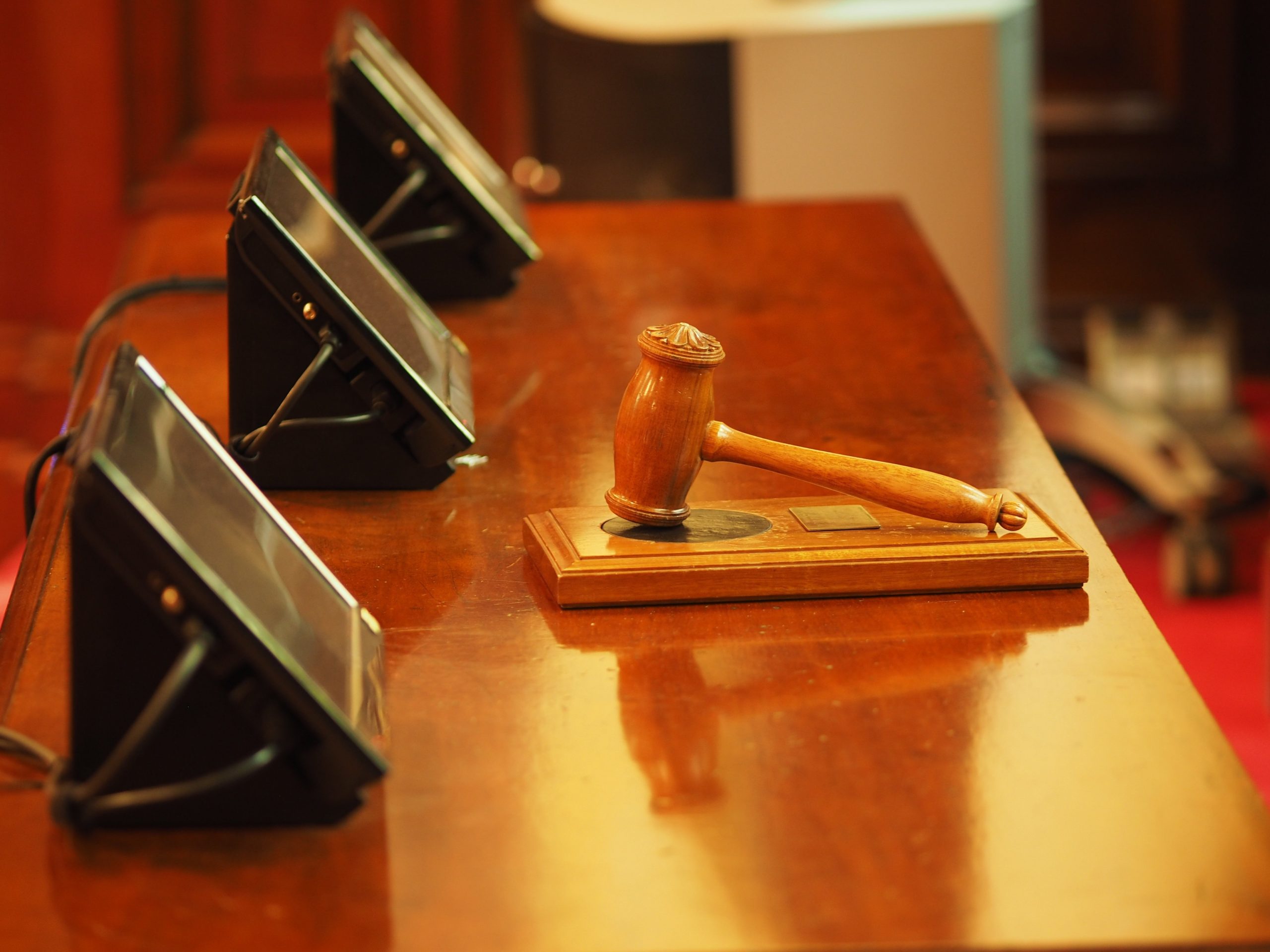
Musk wants immediate action — Judge delays Musk/Twitter trial, gives them three weeks to complete merger [Updated] Musk asked judge to cancel trial, claiming Twitter won’t “take yes for an answer.”
Jon Brodkin – Oct 6, 2022 11:30 pm UTC EnlargeGetty Images | Samuel Corum reader comments 336 with 134 posters participating Share this story Share on Facebook Share on Twitter Share on Reddit
Update at 7:30 pm ET:Delaware Court of Chancery Judge Kathaleen McCormick granted Elon Musk’s request for a stay in an order that gives the parties three weeks to negotiate and close the merger. The trial won’t begin on October 17 as scheduled and would be canceled entirely if the merger closes by the end of this month. If deal talks fall apart, a trial would be scheduled for November.
“This action is stayed until 5 p.m. on October 28, 2022, to permit the parties to close on the transaction. If the transaction does not close by 5 p.m. on October 28, 2022, the parties are instructed to contact me by email that evening to obtain November 2022 trial dates,” McCormick wrote.
Musk’s motion for a stay said the merger is on track to close by October 28. Twitter did not want the litigation stayed. “Plaintiff Twitter opposes the motion on the basis that Defendants’ agreement will not ensure that the transaction closes fast enough,” McCormick wrote.
Original story: Elon Musk today slammed Twitter for not immediately dropping its lawsuit against him and asked the judge to stay the case because “Twitter will not take yes for an answer.”
With Musk having told Twitter this week he is once again willing to honor their original deal, the company is unsurprisingly seeking assurances that Musk won’t break the merger contract again before agreeing to pause litigation. Muskwho previously tried to delay the trial until 2023accused Twitter of not acting fast enough in a court filing his lawyers submitted today:
Twitter will not take yes for an answer. Astonishingly, they have insisted on proceeding with this litigation, recklessly putting the deal at risk and gambling with their stockholders’ interests. Proceeding toward trial is not only an enormous waste of party and judicial resources, it will undermine the ability of the parties to close the transaction.
The filing asks Delaware Court of Chancery Judge Kathaleen McCormick “to stay this action and remove the October 17 trial from the Court’s calendar based on changed circumstances that have effectively mooted this action.” Musk’s filing also said the merger is on track to close on or around October 28.
While a stay wouldn’t close the court case, Twitter likely doesn’t want to cancel the scheduled trial date until it’s more certain the merger will be completed. Musk scoffs at debt financing concerns
Debt financing is reportedly a sticking point in negotiations. Musk’s letter to Twitter earlier this week said his offer to honor the original deal is pending receipt of debt financing.
Musk has committed up to $33.5 billion himself. His filing said there won’t be any problems completing financing for the rest of the $44 billion purchase price:
Quite to the contrary, counsel for the debt financing parties has advised that each of their clients is prepared to honor its obligations under the Bank Debt Commitment Letter on the terms and subject to satisfaction of the conditions set forth therein. We have so advised Twitter, again to no avail. Not only has Twitter’s baseless speculation been refuted by the banks themselves, any theoretical claims Twitter could concoct based on a potential financing failure that has not happened are unripe and unpled, making them well outside the scope of the trial set to begin in eleven days.
Musk further claimed that continuing litigation “would send a signal to the market thatdespite Defendants’ commitment to perform their obligations under the Merger Agreement and Equity Commitment LetterTwitter is demanding that the Court impede the deal moving forward. Instead of allowing the parties to turn their focus to securing the Debt Financing necessary to consummate the transaction and preparing for a transition of the business, the parties will instead remain distracted by completing discovery and an unnecessary trial. In effect, a trial would keep the merger transaction in limbo for longer, casting an unnecessary cloud of uncertainty over the company.”
With an October 28 closing, “Shareholders would receive their payments far faster than wouldbe possible if Twitter were to proceed to trial and win, win again on appeal, and onlythen first proceed toward funding and closing,” Musk’s filing said.
Advertisement Musks spam claims went nowhere
Musk agreed to buy Twitter in April but later tried to get out of the deal by claiming the company lied about the number of bots and spam accounts on the platform. Twitter sued Musk to force him to complete the purchase.
While Musk now accuses Twitter of “casting an unnecessary cloud of uncertainty over the company,” Twitter’s lawsuit against him said the company faces problems caused by Musk’s public criticism and his attempts to break the merger agreement.
“Defendants’ actions in derogation of the deal’s consummation, and Musk’s repeated disparagement of Twitter and its personnel, create uncertainty and delay that harm Twitter and its stockholders and deprive them of their bargained-for rights. They also expose Twitter to adverse effects on its business operations, employees, and stock price,” Twitter’s lawsuit said.
During the discovery process, Musk apparently wasn’t able to obtain any substantial evidence to back up his spam claims, making it unlikely that he could win at trial. reader comments 336 with 134 posters participating Share this story Share on Facebook Share on Twitter Share on Reddit Jon Brodkin Jon is Ars Technica’s senior IT reporter, covering the FCC and broadband, telecommunications, tech policy, and more. Email jon.brodkin@arstechnica.com // Twitter @JBrodkin Advertisement
You must login or create an account to comment. Channel Ars Technica ← Previous story Next story → Related Stories Today on Ars
